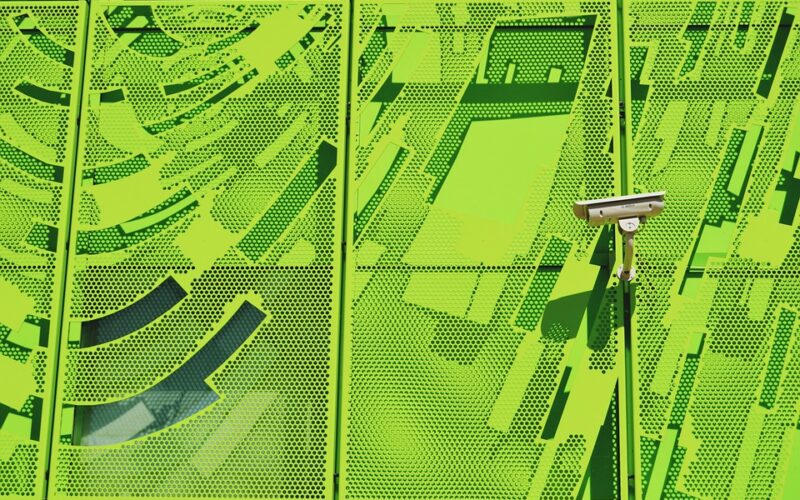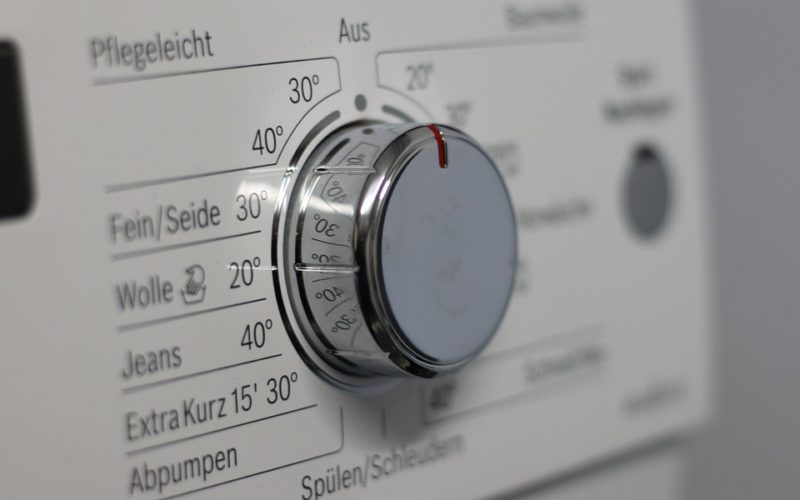Choosing the right security system is a crucial decision for protecting your property, whether it's a home or a business. A central component of modern security is closed circuit television (CCTV), which provides surveillance to deter potential intruders and record evidence. The primary choice you will face is between a wired and a wireless system. Understanding the fundamental differences in how they operate, along with their respective advantages and disadvantages, is key to selecting the most effective solution for your specific needs. This guide will explore the pros, cons, and best use cases for both wired and wireless CCTV options.
How wired CCTV systems operate
A traditional wired CCTV system relies on physical cables to connect the cameras to both a power source and the recording device. Typically, two types of cables are used: one for power and another (often a coaxial BNC or Ethernet cable) for transmitting the video signal to a Digital Video Recorder (DVR) or a Network Video Recorder (NVR). The DVR or NVR is the central hub where footage is processed, stored on a hard drive, and managed. This hardwired connection creates a self-contained, closed-circuit network, ensuring that the video feed is stable and less susceptible to external interference. This reliability is a significant reason why wired systems have long been a trusted choice for robust security installations.
How wireless CCTV systems work
Contrary to what the name might suggest, wireless CCTV cameras are not entirely free of cables; they still require a power cord connected to a mains socket. The "wireless" aspect refers to the transmission of the video signal. Instead of sending data through a physical cable to the recorder, these cameras use your property's Wi-Fi network to transmit the footage to an NVR or, more commonly, to a cloud-based storage service. This setup simplifies installation by eliminating the need to run video cables through walls and ceilings. The system's performance is directly tied to the strength and stability of your Wi-Fi signal, making a reliable internet connection essential for its operation.
The pros and cons of wired systems
Wired systems are renowned for their reliability. Since the cameras are physically connected to the recorder, the video signal is not vulnerable to Wi-Fi dropouts or network congestion, resulting in a consistent and high-quality feed. This makes them an excellent option for large properties or areas where a strong Wi-Fi signal cannot be guaranteed. Furthermore, wired systems are generally more secure against hacking, as they are not broadcasting over a network that can be intercepted. The main drawback is the installation process, which is often complex, labour-intensive, and more disruptive, as it involves drilling holes and running cables throughout the property. This complexity typically translates to higher initial installation costs.
The pros and cons of wireless systems
The primary advantage of wireless CCTV is its ease of installation. With no need to run video cables back to a central recorder, setup is faster, less intrusive, and more flexible, allowing you to place cameras in locations that would be difficult to reach with a wired system. This flexibility makes it a popular choice for domestic CCTV in rented properties or for users who want a straightforward setup. However, the reliance on Wi-Fi is also its greatest weakness. A weak or unstable signal can lead to a laggy feed, reduced image quality, or a complete loss of connection. Wireless signals can also be more vulnerable to interference from other electronic devices and are theoretically more susceptible to being hacked by sophisticated criminals.
Best use cases for domestic and commercial CCTV
When it comes to commercial CCTV, wired systems are often the preferred solution. Businesses typically require comprehensive, uninterrupted coverage across larger areas, and the reliability of a hardwired connection is paramount for protecting assets and ensuring staff safety. The stable signal quality and enhanced security of a closed circuit television network are non-negotiable in many commercial environments. For domestic CCTV, the choice is more nuanced. While a wired system offers superior reliability for a large home, many homeowners find that a wireless system provides more than adequate security. The ease of installation and the flexibility to reposition cameras make wireless a practical and cost-effective choice for smaller homes and apartments.
Ultimately, the best choice between wired and wireless CCTV depends on your specific security goals, property layout, and budget. If your top priority is unwavering reliability and maximum security for a large or complex site, a wired system is the superior option. If you value flexibility, ease of installation, and a less invasive setup for a smaller property with a strong Wi-Fi network, a wireless system is likely the better fit. Carefully consider the long-term reliability and potential vulnerabilities of each system before making a final decision to ensure you invest in a solution that provides true peace of mind.

























